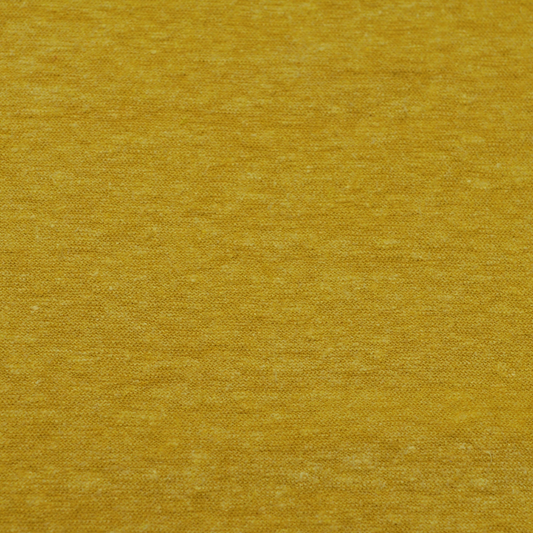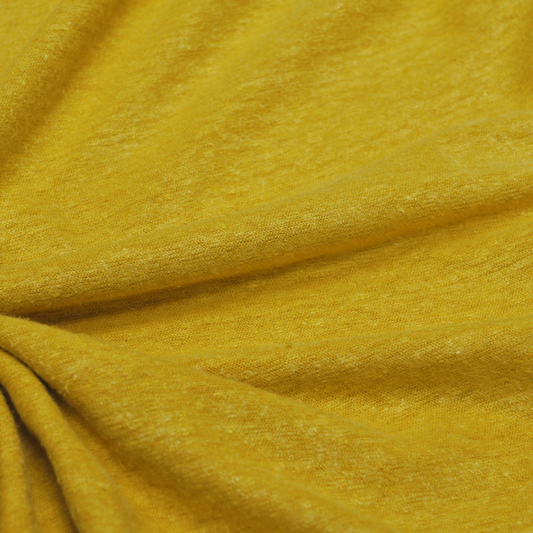Organic Cotton
For over 25 years, we are partnering with local farmers from Bergama Izmir located in the Aegean region of Türkiye for our organic cotton production. The Aegean region is located far western part of Türkiye, enjoying the best Mediterranean climate where cotton is grown under the sun, wind, and rain of this land by experienced farmers for almost two hundred years. Aegean cotton has all the features expected from the good-quality fiber. It is among the best in the world with its characteristics of long fibers, brightness, high strength, and homogeneity. Uniform micronaire values, staple length averaging around 30 mm, and strength around 31 gpt lead to good quality fine yarns up to NE ’70s.
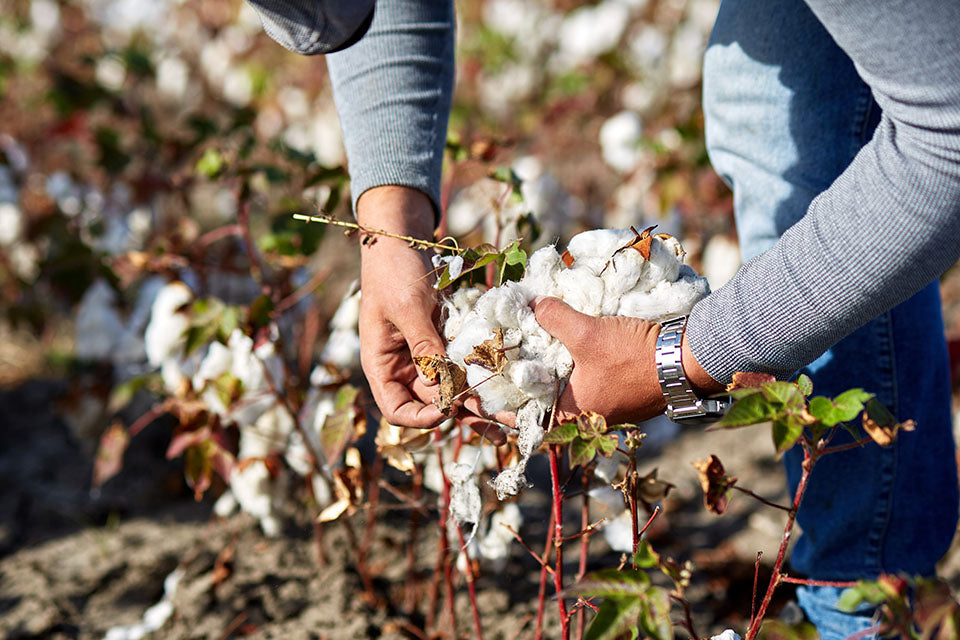
GMO Free Organic Cotton
GMO seeds are forbidden in Türkiye according to government regulations.
The seeds we employ for cotton production are traditional varieties, completely free of GMOs (Genetically Modified Organisms). It is essential to note that the use of GMO-containing seeds is prohibited by law, with strict penalties in place. We take pride in the purity of our local fiber, ensuring that our cotton not only prevents contamination of other food crops but also poses no health risks.
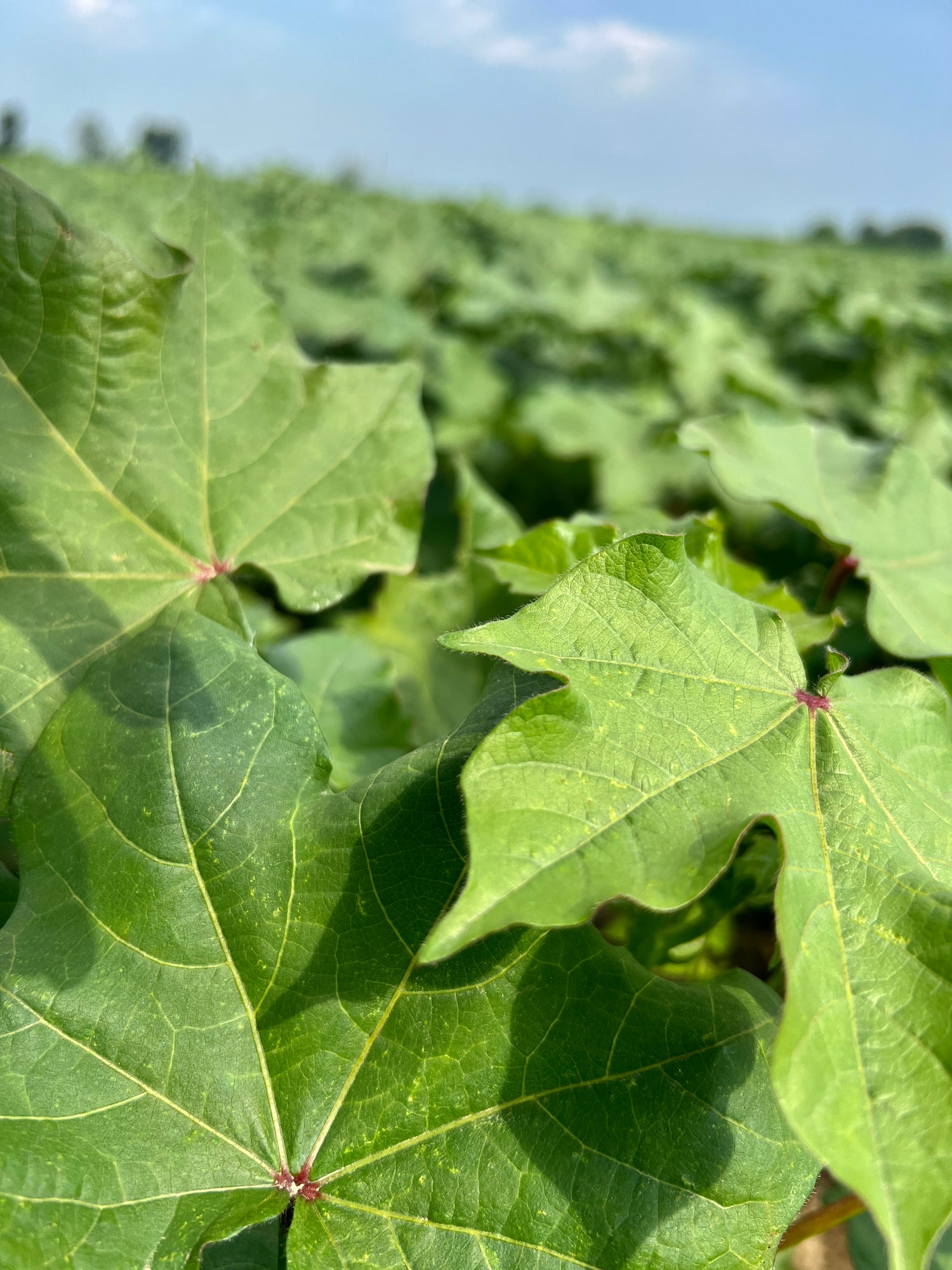
Aegean Cotton Characterstics
Our cotton grows in the Aegean region in Izmir, Türkiye which has all the characteristics you expect from the high-quality fiber.
The Aegean region is located far western part of Türkiye, enjoying the best Mediterranean climate where cotton is grown under the sun, wind, and rain of this land by experienced farmers for almost two hundred years. Aegean cotton has all the features expected from the good-quality fiber.
It is among the best in the world with its characteristics of long fibers, brightness, high strength, and homogeneity. Uniform micronaire values, staple length averaging around 30 mm, and strength around 31 gpt lead to good quality fine yarns up to NE ’70s.
- Rollerginned
- Micronaire: 4.0 - 4.9 mic
- Staple length: 29.5 - 31 mm
- Strength: Minimum 30 gpt
- Color grade: 21 - 51
Organic Cotton Benefits:
-
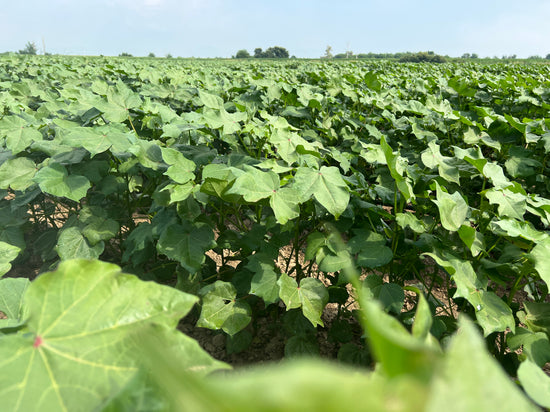
Environmentally Friendly
Organic cotton farming avoids the use of synthetic pesticides and fertilizers. This not only reduces the contamination of groundwater, soil, and air, but also helps in maintaining biodiversity. The absence of harmful chemicals means a healthier soil and a reduction in the environmental footprint.
-
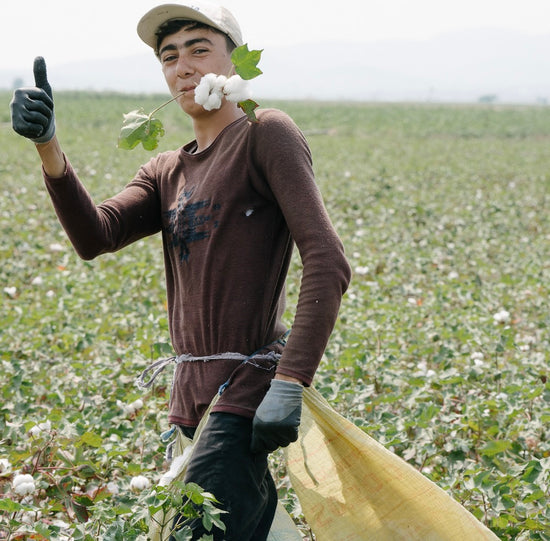
Farmers Health
Farmers working in organic cotton fields aren't exposed to toxic chemicals, unlike conventional cotton farming. This reduces health risks for them and the surrounding community. Moreover, water sources remain uncontaminated, ensuring that communities have access to clean water.
-
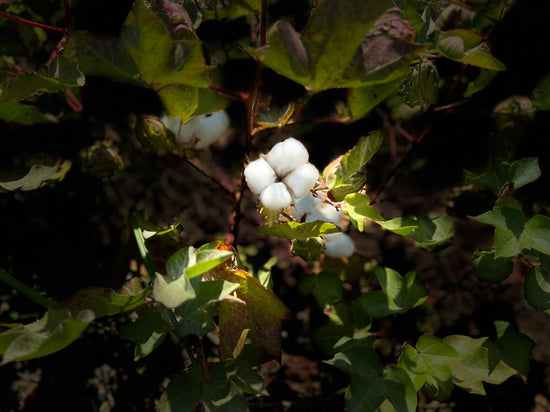
Better Quality and Durability
Organic cotton products are often of higher quality than their conventional counterparts. Without the presence of harsh chemicals, the cotton fibers remain stronger and more intact. This means garments made from organic cotton are more durable, lasting longer and providing better value for money.
Our Organic Cotton Journey
55% Turkish Hemp 45% Organic Cotton Single Jersey - Soft Honey Mustard (2SP544)
Example product title
In Conversion Cotton
In-conversion Cotton refers to the phase during the conversion process from conventional cotton farming to organic farming methods. It is a transitional stage where cotton farms adopt sustainable practices but have not yet obtained organic certification. In Conversion Cotton promotes sustainable agriculture by minimizing environmental impact. In today’s world, it is crucial to recognize and support the transition to In Conversion Cotton on a global scale. We acknowledge the significance of this transition and advocates for its importance worldwide. By raising awareness and actively driving change, we can collectively promote sustainable farming practices, reduce environmental impact, and ensure the well-being of communities and ecosystems. Manifutura supports this shift toward sustainability and, upon request, and offers fair trade in-conversion cotton on demand.
Contact us through info@manifutura.com to be the part of this transition.




